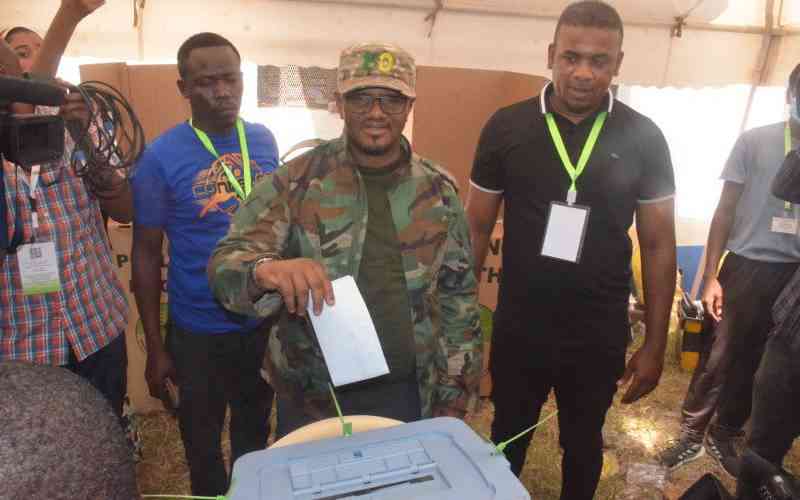
Since most hustlers did not vote in 2022, they will triumph in the 2027 and 2032 polls. This group includes the 8 million who snubbed the August 9 general election. Millennial hustlers do not fit among the Gikuyu, Luo, Kalenjin, Kamba or Luhya tribes-they are a new ethnic group that will define politics in future.
Although 'tribe' seems most appropriate, hustlers are not a tribe but an ethnic group. Tribes consist of communities that share social, economic, religious, and mostly blood ties. A tribe has an identifiable leader. Hustlers have no blood ties, do not share a dialect, and lack a recognisable leader.